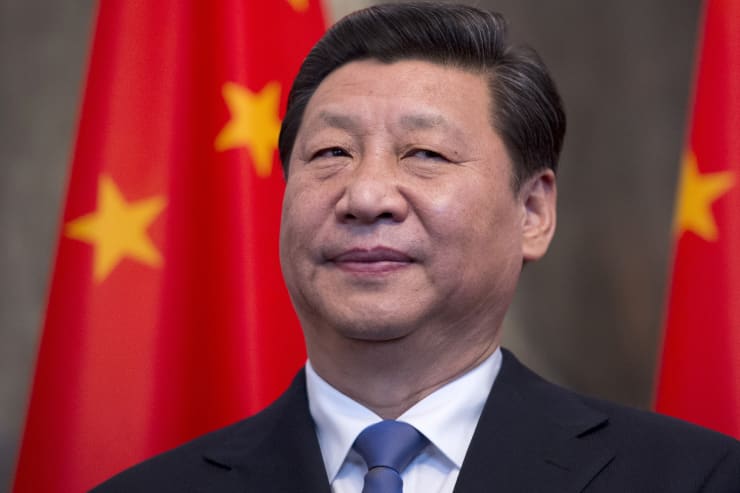China's rare-earth export slump is a reflection of the country's policy tone to control rare-earth supply in the past few years, one expert said on Monday. But he cautioned that the slump might widen in the next few months as China considers launching measures to control rare-earth exports to the US amid the trade war.
China's rare-earth exports slumped by 16 percent on a monthly basis to 3,640 tons in May, according to customs data released on Monday. On a yearly basis, China's exports of rare earths slumped by 7.2 percent in terms of quantity in the first five months this year.
The decline in rare-earth exports comes at a time when China has indicated a probable cut-off of rare-earth exports to the US as a countermeasure to US tariff increases and sanctions against certain Chinese companies in the ongoing trade war.
In a recent meeting convened by the
on Wednesday, some domestic rare-earth companies suggested that China should strengthen management of rare-earth exports.
Wu Chenhui, an independent rare-earth analyst, told the Global Times on Monday that the rare-earth export decline in May has more to do with the country's trend to control rare-earth supply to crack down on illegal rare-earth extraction than from the China-US trade war.
"A below 20 percent fluctuation is still within the normal range," he said.
However, he predicted that the influence from the trade war might manifest in the rare-earth trade data in the next few months, as China might launch measures to largely reduce, or even cut rare-earth exports to the US as a countermeasure to US tariff increases if the trade war intensifies further.
"It should be a severe blow to the US as some of the heavy rare earths the US needs are almost only produced in Ganzhou in East China's Jiangxi Province," Wu said.
Overall, China's exports to the US slumped by 3.2 percent year-on-year to 1.09 trillion yuan ($157.6 billion), while imports from the US also slumped by 25.7 percent on a yearly basis to 335. 3 billion yuan in the first five months this year.
China's trade surplus with the US also widened by 11 .9 percent in the first five months in 2019, according to the customs data.
"The widening trade surplus shows that the US needs Chinese products for their cost performance despite the tariff increases," Wu said.
Overall, China's exports rose by 6.1 percent on a yearly basis, while imports rose by 1.8 percent in the first five months this year.


